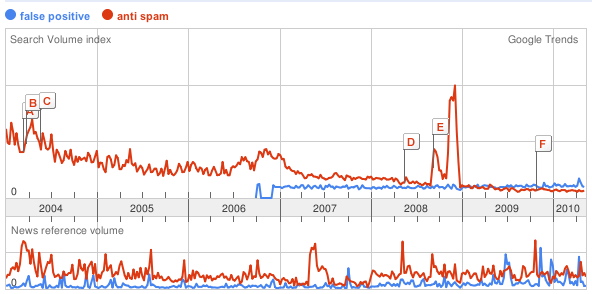The IBM marketing organization has taken Lotusphere on the road.
Held each year in January (2007 was in Orlando), Lotusphere is the big applications user conference. This time, IBM attracted major IP Telephony partners and voice applications partners, and made a big deal out of their UC2 strategy – Unified Communications and Collaboration.
Their partner, interoperability and integration framework was presented in January and is impressive. Here's a summary of how IBM described their real-time partner demonstrations at Lotusphere, January 2007:
- Click to call, click to conference – 3Com, Alcatel-Lucent, Avaya, Cisco, Nortel, Polycom, Radvision, Siemens
- Aggregated Telephony Presence – 3Com, Alcatel, Avaya, Cisco, Siemens
- Call Management – Nortel, VoiceRite
- Multipoint Video Integration – Avaya, Avistar, Polycom, Radvision, Tandberg
- Softphone Integration – Avaya, Is||coord, Nortel, Siemens
- Web Conferencing Audio Integration – Avaya, Polycom, Premiere Global Services, Siemens
- Web Conferencing Audio/Meeting Scheduling – Alcatel-Lucent, Cisco, Polycom, Siemens
- Unified Messaging for Notes Domino – Alcatel-Lucent, Avaya, Cisco, Nortel, VoiceRite, Siemens
- Unified Messaging for Sametime – Cisco, VoiceRite
But that was not the big story at LCTY-Boston held on Tuesday, April 11. Here, Ken Bisconti (VP Lotus Software) led the session in front of ~150 IBM customers and a few analysts (I knew of 3 in attendance), and he talked about IBM's focus on agility and responsiveness to deliver on their version of a high performance virtual work environment.
Interestingly, Ken spoke of a hypothesis that I share – for years, enterprise market was the innovator with carriers adopting the innovation for consumers – data networking, voicemail – to name two… but since Netscape, it's been the consumer market that is the hotbed of innovation that is endorsed (maybe even acquired) by carriers and then introduced to the enterprise market. Ken described how the social tools for consumers are more effective and powerful than the social networking tools available for business. IBM is changing that with the Lotus QUICKR offering due to come out later this year.
IBM's had to make many changes to the Lotus offering, philosophically they've centered on three elements:
- Tie the application to the business process
- Embrace heterogeneity – at the user's level
- Enable mashups and composite applications
Of course, technically, they've rebuilt the applications ontop of the Eclipse framework using the IBM version of this open source project (called Expediter) to create an extensible, mashup-capable portfolio of user productivity tools. More significant for users is the pace of new product releases. IBM is moving away from the monster release every five years, to the major release every 15-18 months. This will put them on the same feature innovation schedule as Microsoft and reward their 127 million users with new options and features in contrast with Microsoft's delivery schedules.









